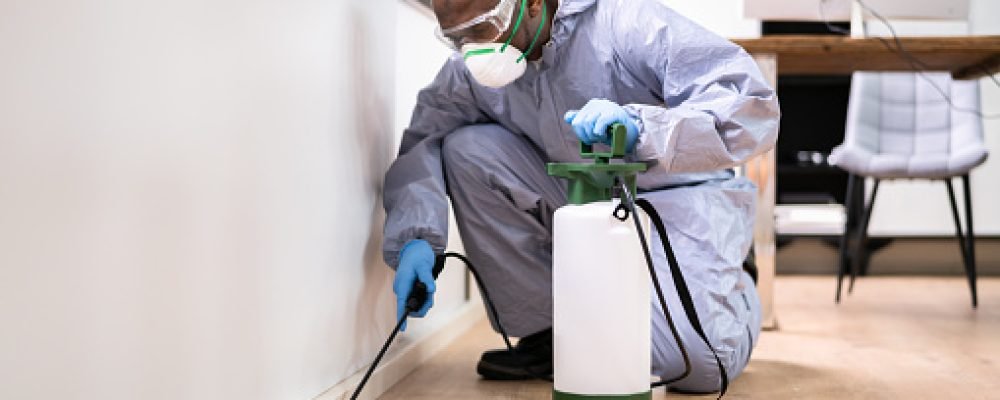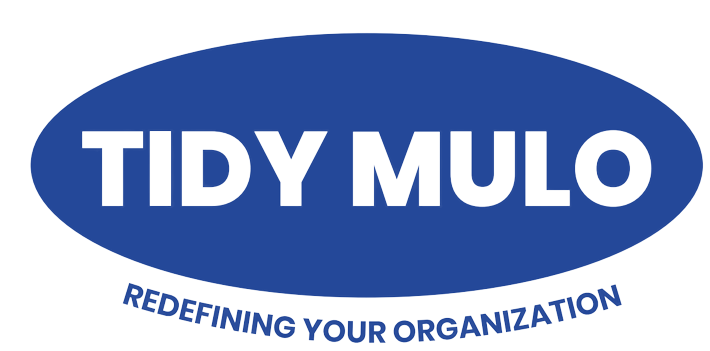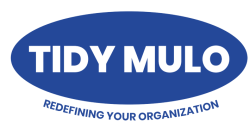
FUMIGATION AND PEST CONTROL
In the ongoing battle against unwanted pests, fumigation and pest control emerge as crucial practices to ensure the well-being of both residential and commercial spaces. Fumigation, a method involving the use of gaseous pesticides to eliminate pests, and pest control, a broader term encompassing various techniques to manage and prevent infestations, play pivotal roles in maintaining hygiene, health, and comfort in our living and working environments.
Fumigation:
Fumigation is a highly effective method employed to tackle severe pest infestations that may not be easily addressed by conventional pest control measures. It involves sealing off an area and introducing fumigants, typically in gas form, to permeate every nook and cranny. This comprehensive approach ensures the eradication of a wide range of pests, including insects, rodents, and even wood-destroying organisms. Fumigation is commonly utilized in structures, commodities, and transportation vehicles to eliminate hidden or hard-to-reach pests.
Pest Control:
Pest control, on the other hand, encompasses a spectrum of preventive and reactive measures to manage pests. Integrated Pest Management (IPM) is a holistic approach that combines biological, cultural, and chemical control methods to minimize the impact on the environment while effectively curbing pest populations. Regular inspections, sealing entry points, and maintaining cleanliness are fundamental aspects of pest control, preventing infestations before they escalate.
Health and Comfort:
Fumigation and pest control are essential not only for the preservation of property but also for safeguarding human health. Pests, such as mosquitoes, rodents, and cockroaches, are vectors for diseases and allergens. Effective pest management ensures a healthier living or working environment, reducing the risk of infections and allergic reactions. Additionally, pest-free spaces contribute to a higher quality of life, promoting comfort, and peace of mind.
Environmental Considerations:
While eradicating pests is crucial, responsible pest control practices prioritize environmental sustainability. Many modern pest control methods focus on targeted interventions, minimizing the use of harmful chemicals and adopting eco-friendly alternatives. This approach aims to strike a balance between pest management and environmental conservation.
In conclusion, fumigation and pest control are indispensable practices that go beyond mere property protection. They contribute significantly to the health, comfort, and overall well-being of individuals in both residential and commercial settings. Through strategic planning, responsible chemical use, and a commitment to environmental stewardship, these practices ensure that our spaces remain sanctuaries free from the disruptions and health hazards posed by unwanted pests.

